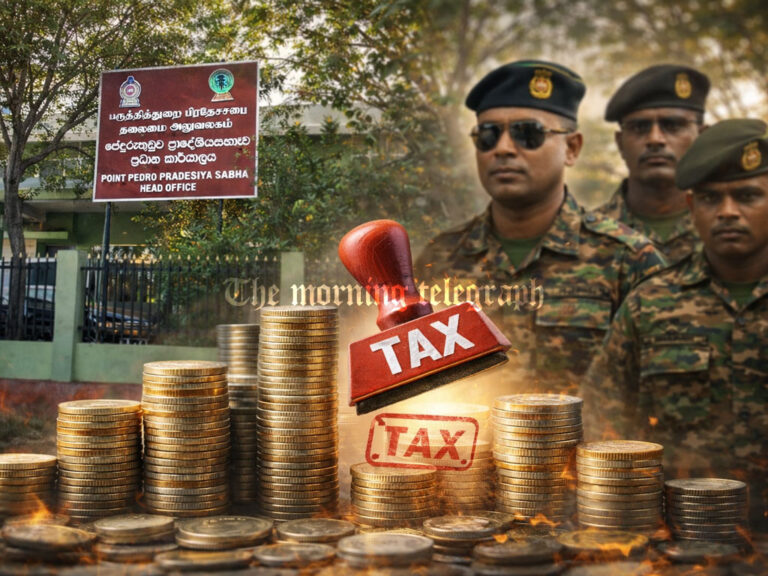
Sajith Promises LKR 20,000 Monthly Aid to Poor Families
In a bold pledge to eradicate poverty in Sri Lanka within two years, Sajith Premadasa, the presidential candidate of the Samagi Jana Balawegaya (SJB) and the Leader of the Opposition, announced a plan to provide LKR 20,000 per month to impoverished families. He made this declaration during a public rally in Seruvila, emphasizing his commitment to uplift the economically disadvantaged sections of society.
Premadasa highlighted the significant number of people trapped in poverty across the country, describing their struggles as a national crisis that needs immediate and effective intervention. He proposed the Janasaviya program as a solution, which is designed to eliminate poverty by incorporating the strengths of previous welfare initiatives while addressing their shortcomings.
The Janasaviya program, according to Premadasa, will focus on five key areas to achieve its goal: consumption, investment, surplus, production, and export. He believes that through strategic investments in these areas, Sri Lanka can create a sustainable model that not only supports the needy but also stimulates economic growth.
He also underscored the importance of prioritizing women in this poverty alleviation effort, recognizing their role as primary caregivers and economic contributors in many households. Additionally, Premadasa pledged to strengthen the Kantale sugar factory as part of his broader strategy to develop local industries and generate employment opportunities, particularly in regions like Seruvila.
“This initiative is not just about providing temporary relief,” Premadasa stated, “but about empowering families to break free from the cycle of poverty permanently. We aim to create a society where every citizen can live with dignity, without the fear of hunger or deprivation.”
Premadasa’s proposal reflects his broader vision for a more equitable Sri Lanka, where economic policies are designed to benefit all citizens, especially those who have been marginalized or left behind. As the presidential election approaches, this promise of direct financial support to the poor is likely to resonate with a large segment of the electorate, particularly in rural areas where poverty remains a significant challenge.




